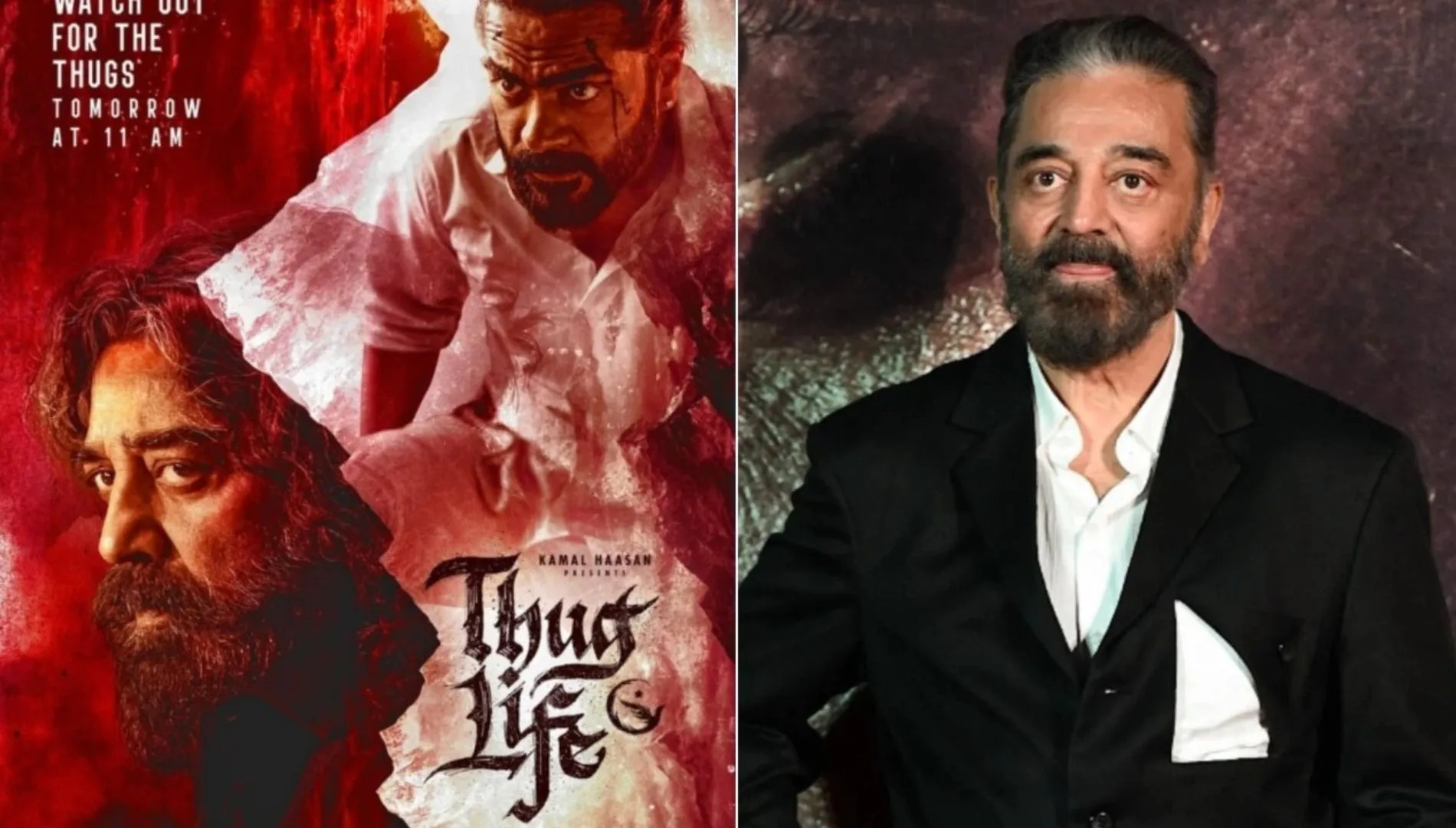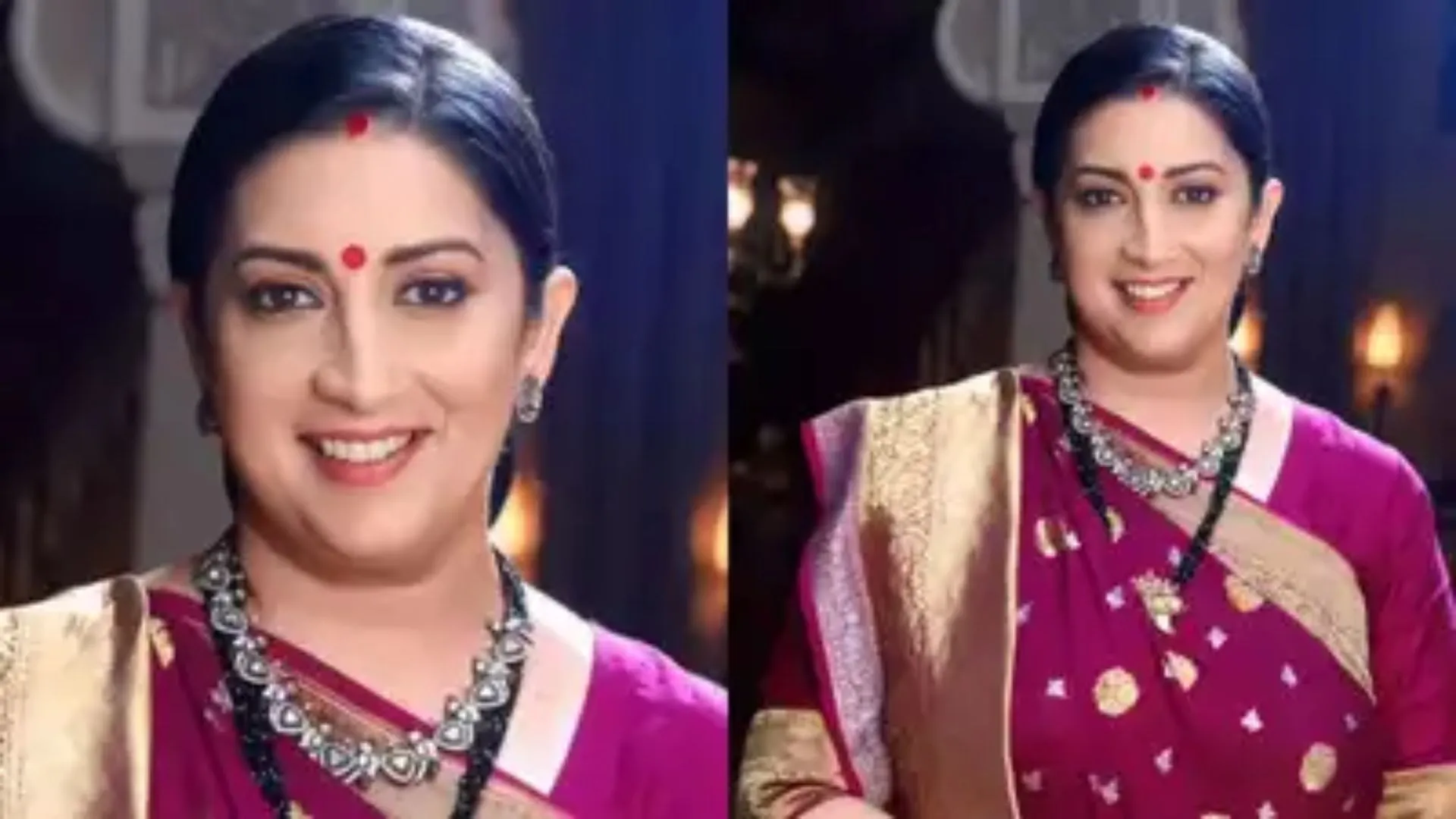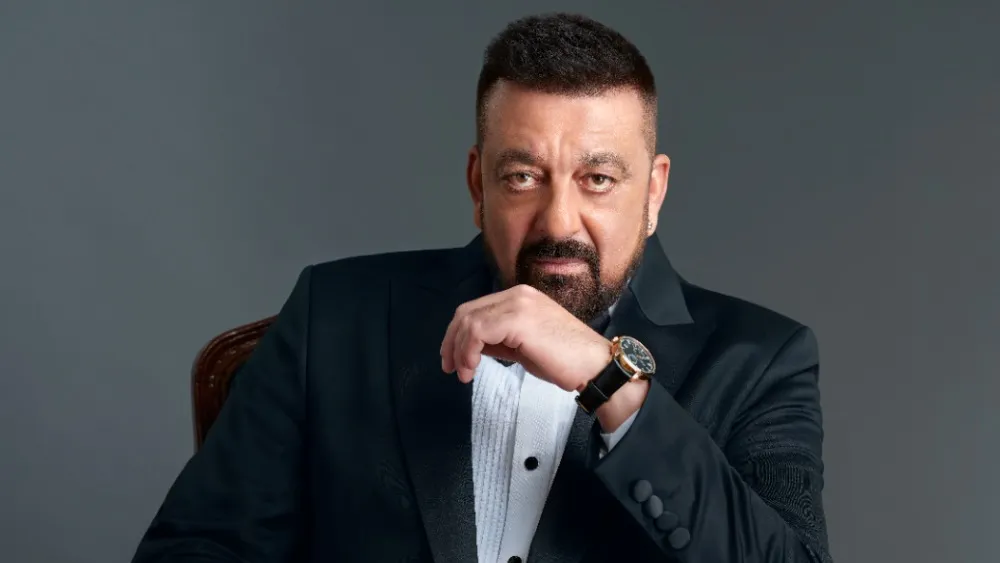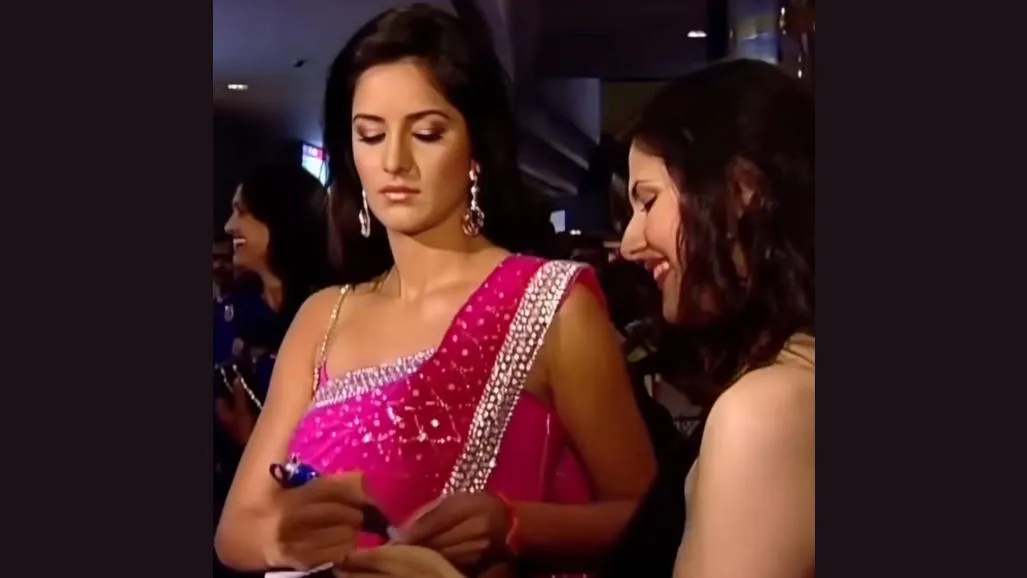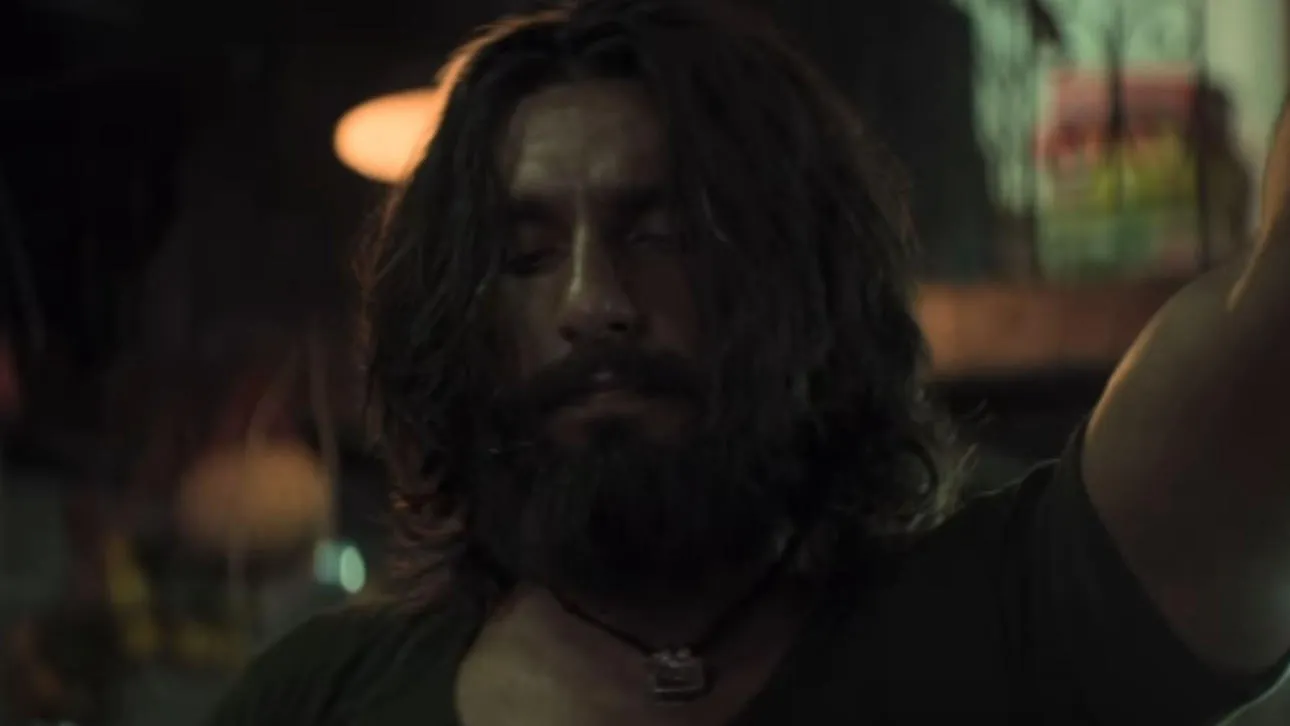The Supreme Court highlighted that any films that are approved by the Central Board of Film Certification (CBFC) must be screened, and ordered Karnataka to allow the screening of Kamal Haasan’s “Thug Life.” According to Justices Ujjal Bhuyan and Manmohan, vigilantes and mobs cannot take over the streets or prevent approved movie screenings.
Karnataka Under Supreme Court Scrutiny
The Supreme Court examined the PIL that Mahesh Reddy filed, seeking directions after groups in Karnataka threatened to block ‘Thug Life’. These groups reacted after Kamal Haasan stated that “Kannada was born out of Tamil,” which stopped the film’s release in the state. The court ordered the Karnataka government to confirm the film’s release within one day. The bench said, “We can’t allow mobs and vigilante groups to take over the streets.”
Can’t Allow Mobs To Take Over; State Must Ensure Film Release’ : Supreme Court To #Karnataka Govt On ‘Thug Life’ Ban
Rule of law demands that any film which has a CBFC certificate must be released the Court said.
கமல்ஹாசன் மிரட்டுவதை அனுமதிக்க முடியாது#ThugLife #KamalHaasan pic.twitter.com/jvdzD78Mjb
— KH FANZ ITWING (@Mathankamaltuti) June 17, 2025
The bench criticised the Karnataka High Court for suggesting that Haasan should apologise. The justices firmly stated that the high court had no authority to demand an apology. They explained that if Haasan’s statement was incorrect, intellectuals should openly debate and discuss it. They insisted that people must address such disagreements through dialogue, not by imposing bans or allowing extra-judicial actions that threaten legal procedures.
Haasan’s Remark Sparks Backlash
At a promotional event in Chennai, Haasan made comments that immediately triggered strong reactions in Karnataka. In response, the Karnataka Film Chamber of Commerce declared that it would not screen ‘Thug Life’ unless Haasan issued an apology. Nevertheless, director Mani Ratnam, who reunited with Haasan after their 1987 film ‘Nayakan,’ proceeded with the nationwide release on June 5.
Meanwhile, the Supreme Court transferred the related case from the Karnataka High Court to itself and scheduled a further hearing for Thursday. Moreover, the Supreme Court stressed that only the Central Board of Film Certification holds the legal authority to decide a film’s release.
It firmly stated that personal objections, public outrage, or threats must never override the certification process or block a certified film from reaching audiences.

